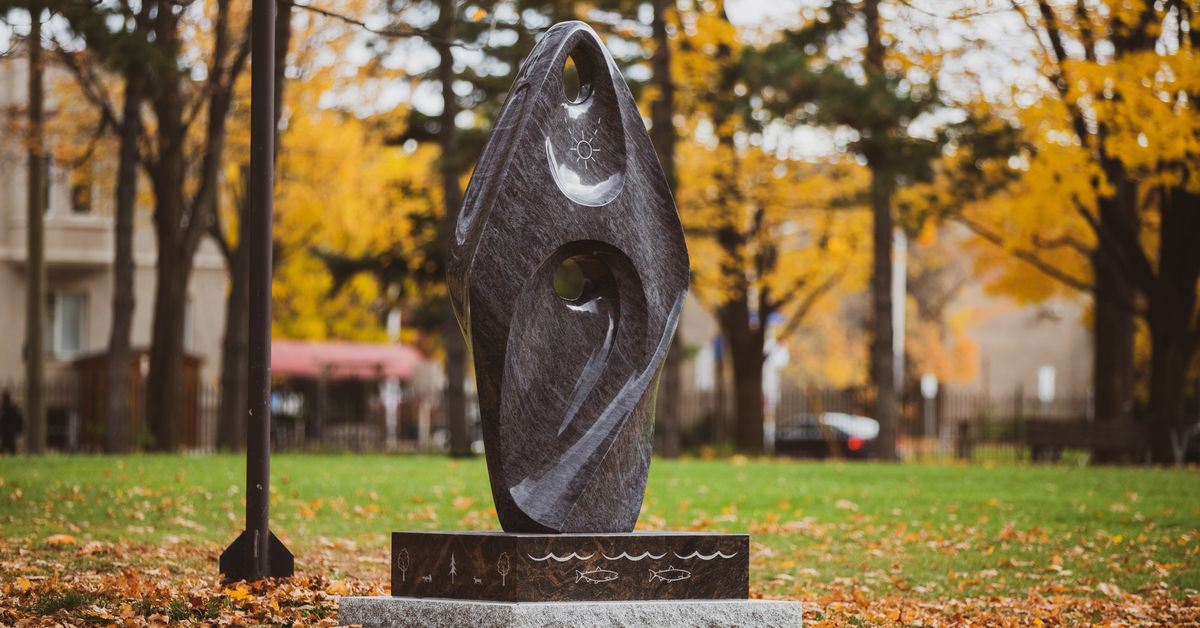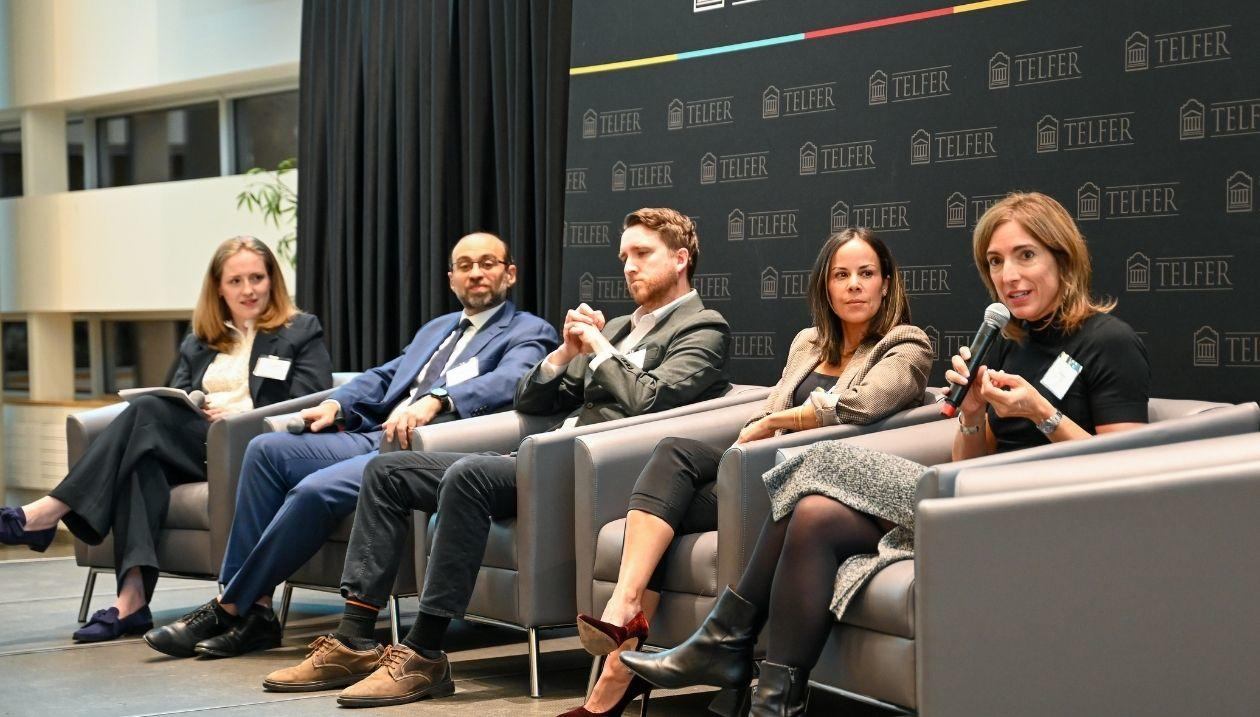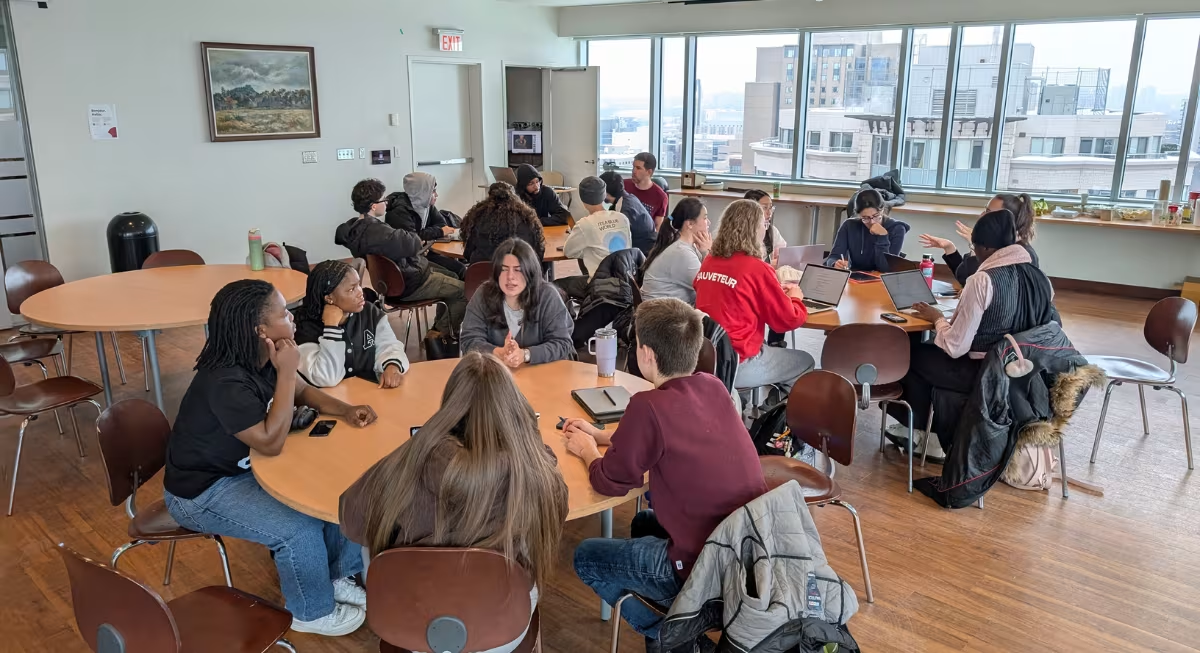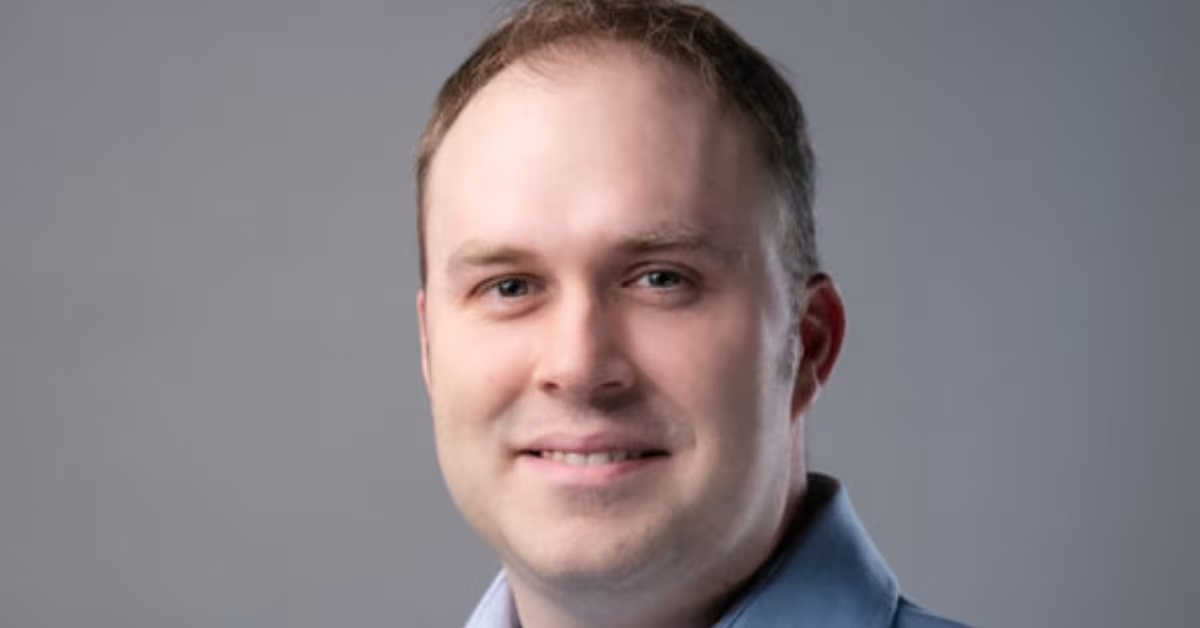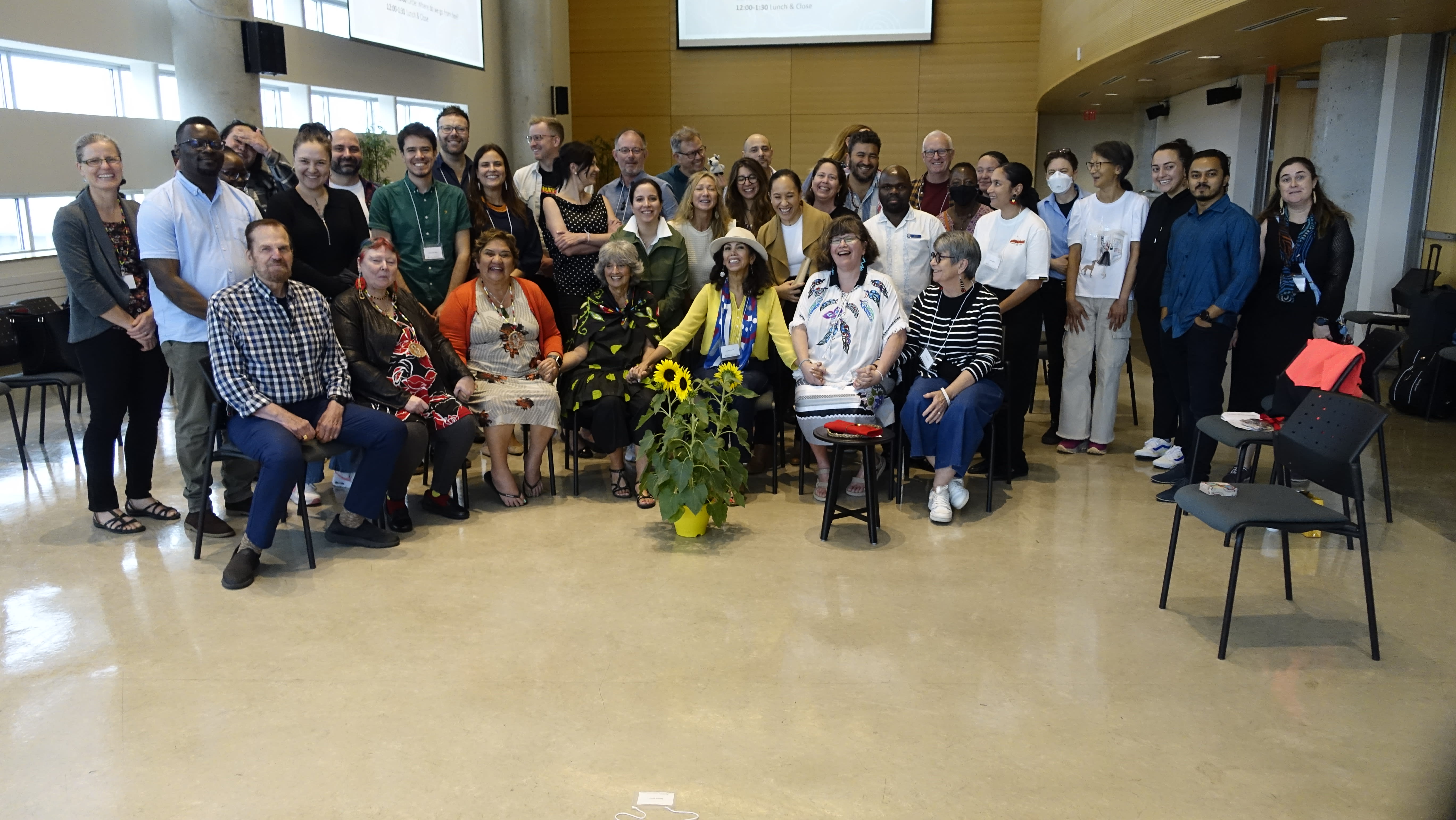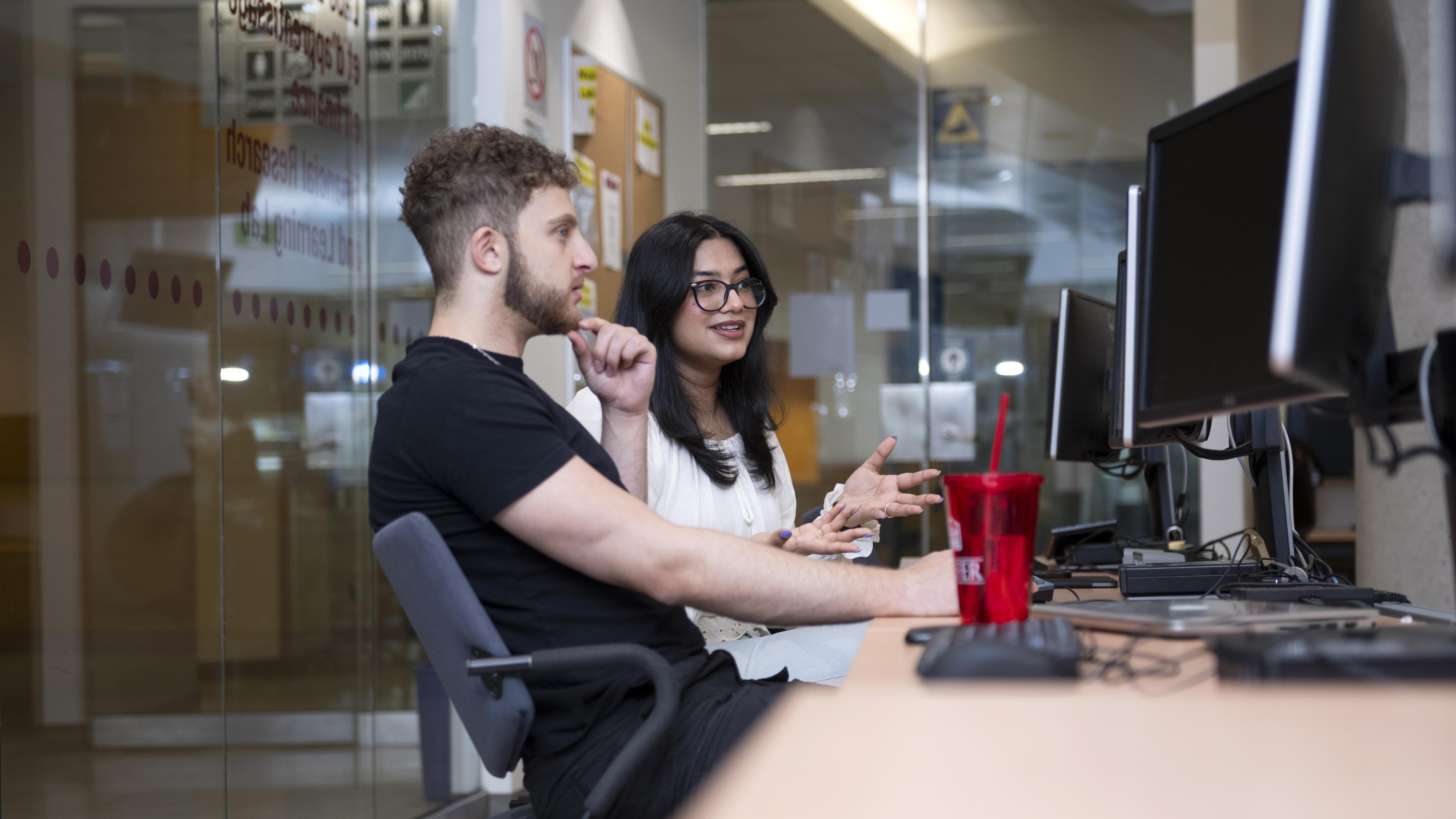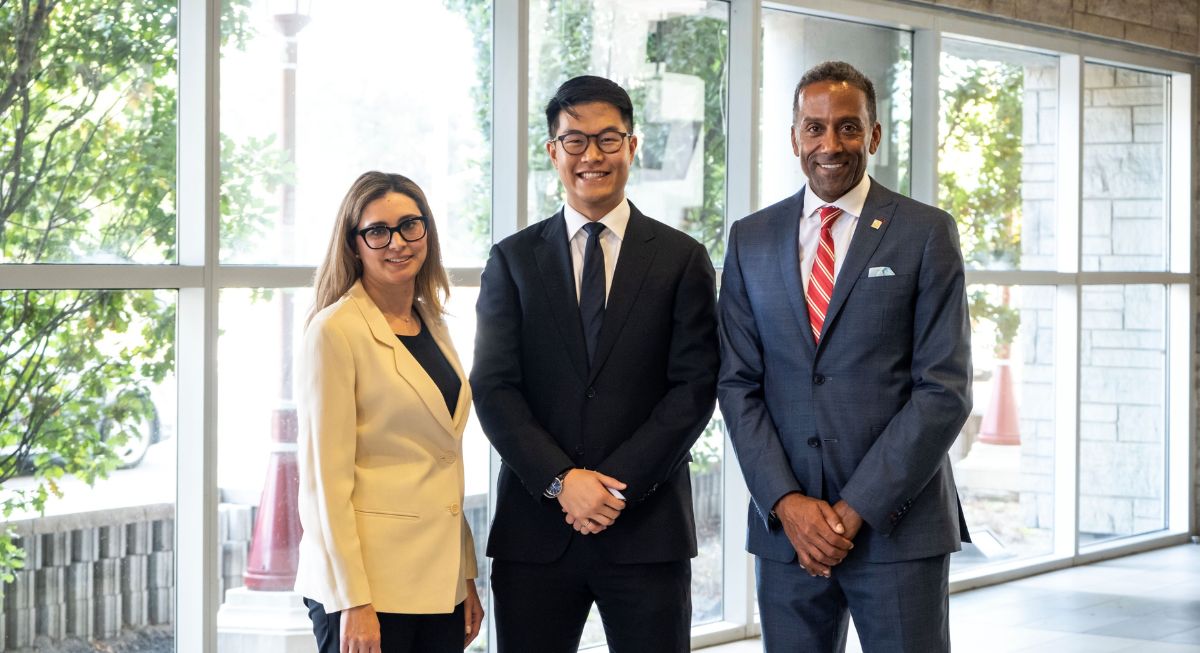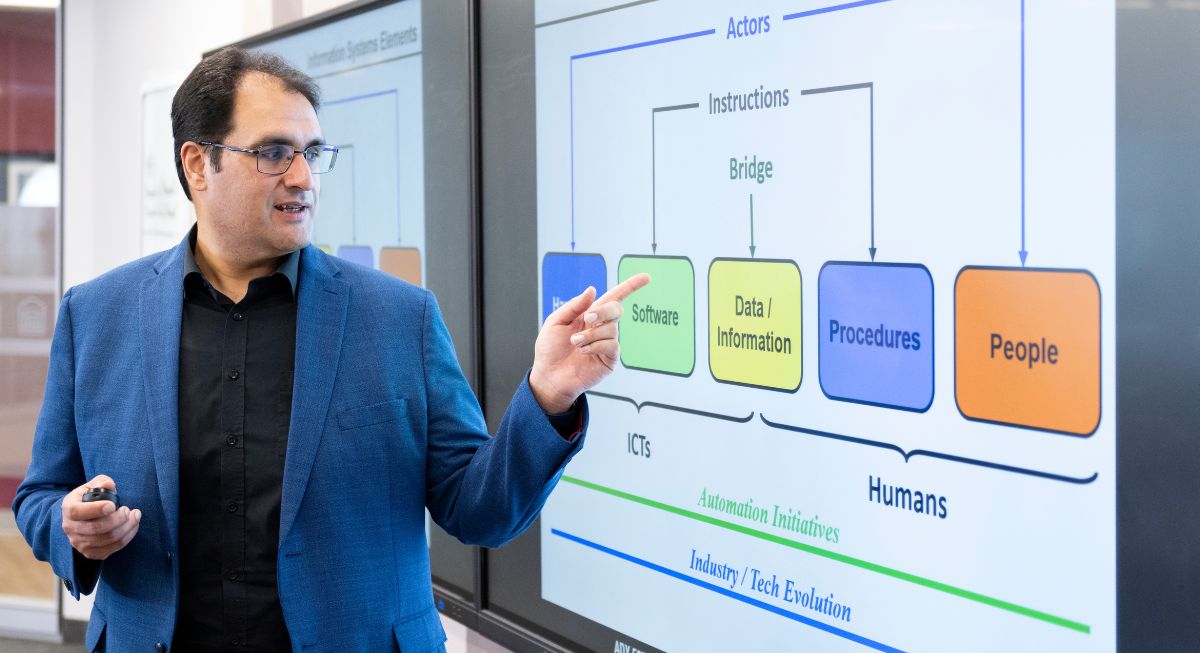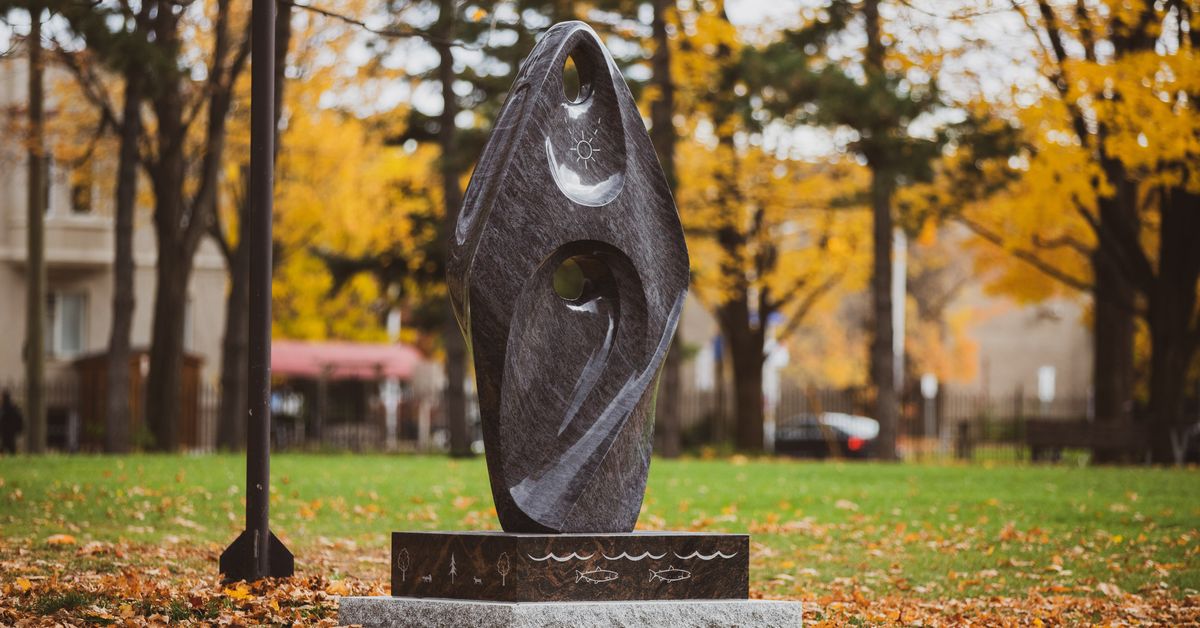
I recently had the privilege of attending the inaugural conference of the International Academy of Research in Indigenous Management and Organization Studies (IARIMOS) at the Telfer School of Management. It was organized by Professor Ana Maria Peredo, a mestiza scholar from Peru who holds a Canada Research Chair in Social Innovation and Entrepreneurship. The experience left me convinced that it's high time we open our eyes to the wealth of knowledge Indigenous communities offer, particularly in the realms of management and organizational studies.
Historically, the lack of recognition towards Indigenous scholarship in management and economics has been a barrier to including Indigenous knowledge in research. However, IARIMOS was an opportunity to gather, exchange insights, highlight emerging work, and discuss critical issues at the core of research “by, for, and with Indigenous communities”. For many emerging scholars, there is a deep desire to connect with others in the field who understand the importance of honouring the culture and traditions of Indigenous and First Nations communities while also amplifying their contributions in management and organizational studies.
Time for a new narrative
Participants shared their research and experience on how Indigenous ways of knowing can offer sustainable solutions and governance in areas such as environmental stewardship, equity, and community resilience. Discussions ranged from the profound wisdom embedded in Indigenous knowledge and ways of being, to crucial dialogue on Indigenous self-determination. Pivotal discussions on Indigenous organizing unfolded amidst debates on critical relationships with large multi-national corporations. The underlying themes of Indigenous cultural identity, tradition, language, and education were interwoven across topics, enriching the conversations. The interconnectedness of Indigenous perspectives served as a powerful reminder of the deeply integrated systems of understanding that could offer holistic solutions to the complex challenges facing society today.
This gathering felt long overdue. For decades, Indigenous voices and methodologies have been suppressed. Academia especially feels like it has long been ensnared in its own self-referential bubble, perpetuating theories and methodologies that, while valuable, often dismiss other forms of knowledge. Not to mention the severe and ever-present detrimental effects of colonial “research” on Indigenous and First Nations communities. The collective energy at IARIMOS signified something different: a wake-up call to push academia beyond its insular narrative. This wasn’t merely an academic exercise; it was about real social impact. Understanding Indigenous perspectives could fundamentally change how we approach not just management studies, but society at large.
A holistic approach
Mainstream management studies literature often frames success solely through the lens of economic well-being. Professor Peredo reminded us that Indigenous traditions, on the other hand, challenge us to consider economic well-being as interlinked with community, health, land, water, justice, and even spirituality. To emphasize the concepts of well-being and interconnectedness, Indigenous traditions were woven into the two-and-a-half-day event.
The opening ceremony started with participants seated in a circle, a powerful symbol that signifies unity and eliminates hierarchal relationships. Elder Jane Chartrand opened the event by reminding us of our collective responsibility to protect the land and the water. This transformed the circle from physical to metaphorical, capturing the essence of 'relationality', a cornerstone of Indigenous philosophy. Relationality is a visceral understanding that the right relationships— those with the land, the people, and oneself—are vital to just about everything, and the essence of our humanity.
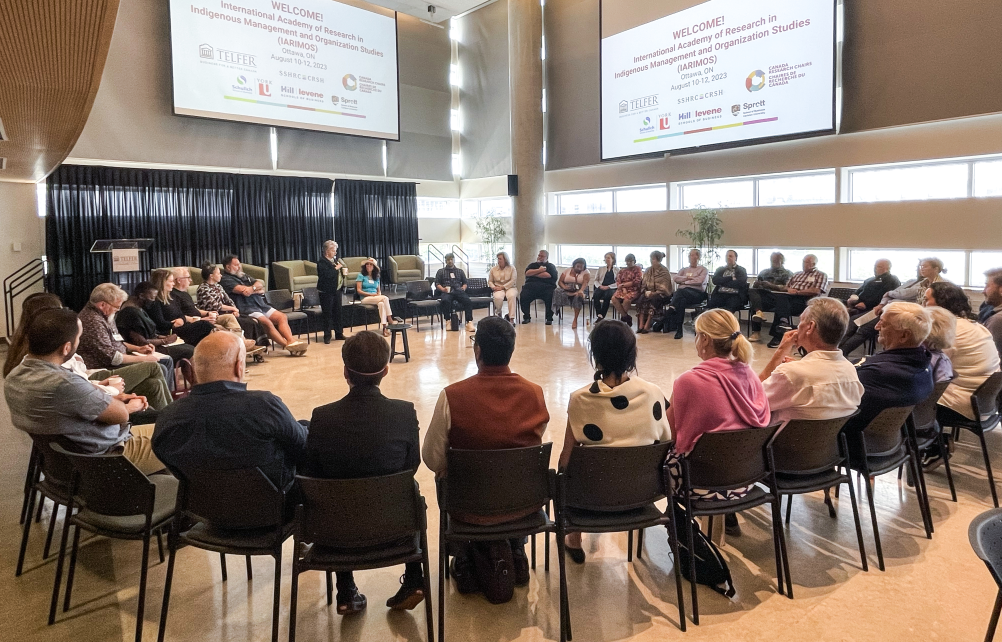
Unlike the fragmented viewpoints that dominate much of academic discourse, Indigenous perspectives compel us to see ourselves as part of an interconnected system—a revelation that could radically reshape how we think about everything from governance to social policy.
The eagle meets the condor
With the arrival of Chancellor Claudette Commanda, the first Indigenous Chancellor at the University of Ottawa, the crowd emanated an almost tangible ardor.
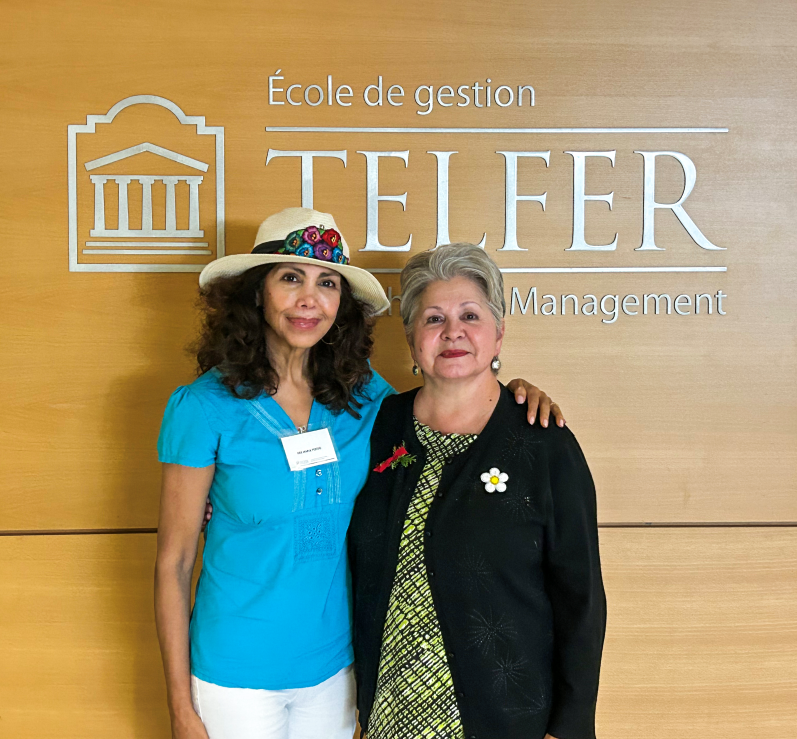
Chancellor Commanda addressed the historical and ongoing marginalization of Indigenous communities in education and academia. She advocated for the inclusion of Indigenous voices while reminding us to make the distinction between local traditional knowledge to avoid generalizing and stereotyping Indigeneity. She underscored the need for unity amongst all people to champion systemic change as well as Indigenous recognition and resurgence.
Evoking an ancestral prophecy, she highlighted the moment as the embodiment of the "Eagle meets the Condor." Chancellor Commanda, symbolizing the eagle from the North, and Professor Ana María Peredo, representing the condor from the global South, converged in a symbolic union that resonated deeply with all in attendance. The message was clear.
ReconciliACTION is the way forward
While the ivory tower discusses the need for diversity, equity, and inclusion, Chancellor Commanda invited us to reflect on "reconciliACTION." She suggested that reconciliation isn't just about acknowledging past wrongs but about active participation in righting them. To adopt an Indigenous lens is to consider the full tapestry of human relationships, ethical implications, and connection with the land that traditional management theories often neglect.
Chancellor Commanda invited the group to dive into Canada’s pre-colonial and pre-contact history to truly understand the vast and rich landscape of Indigenous knowledge systems. Seeking knowledge from elders, knowledge keepers, and community members are salient means to forge new pathways for amplifying Indigenous knowledge in our work. Rongo Wetere, a Maori elder and educator, emphasized that we must provide concrete access to resources, funding, and support in order for Indigenous knowledge to thrive.
What comes next?
We are on the verge of momentous transformation. We need to continue to amplify Indigenous voices, methodologies, and philosophies in academia and beyond. While the conference was a critical platform, the journey has only just begun. We need to sustain this momentum, gather more support, and more importantly, ensure that the insights gained become integrated into our curricula, our research, and our ways of being.
As we move forward, it's crucial to remember that what we're talking about here isn't just theoretical. It's about shaping policies, influencing organizations, and improving lives. It's about moving Indigenous wisdom from the sidelines to where it belongs, at the centre of our work. So, if you're keen to be a part of this monumental shift, I suggest you keep an eye on IARIMOS and its future endeavors. This is not just an academic evolution; it's a societal revolution. And trust me, you'll want to be a part of it.
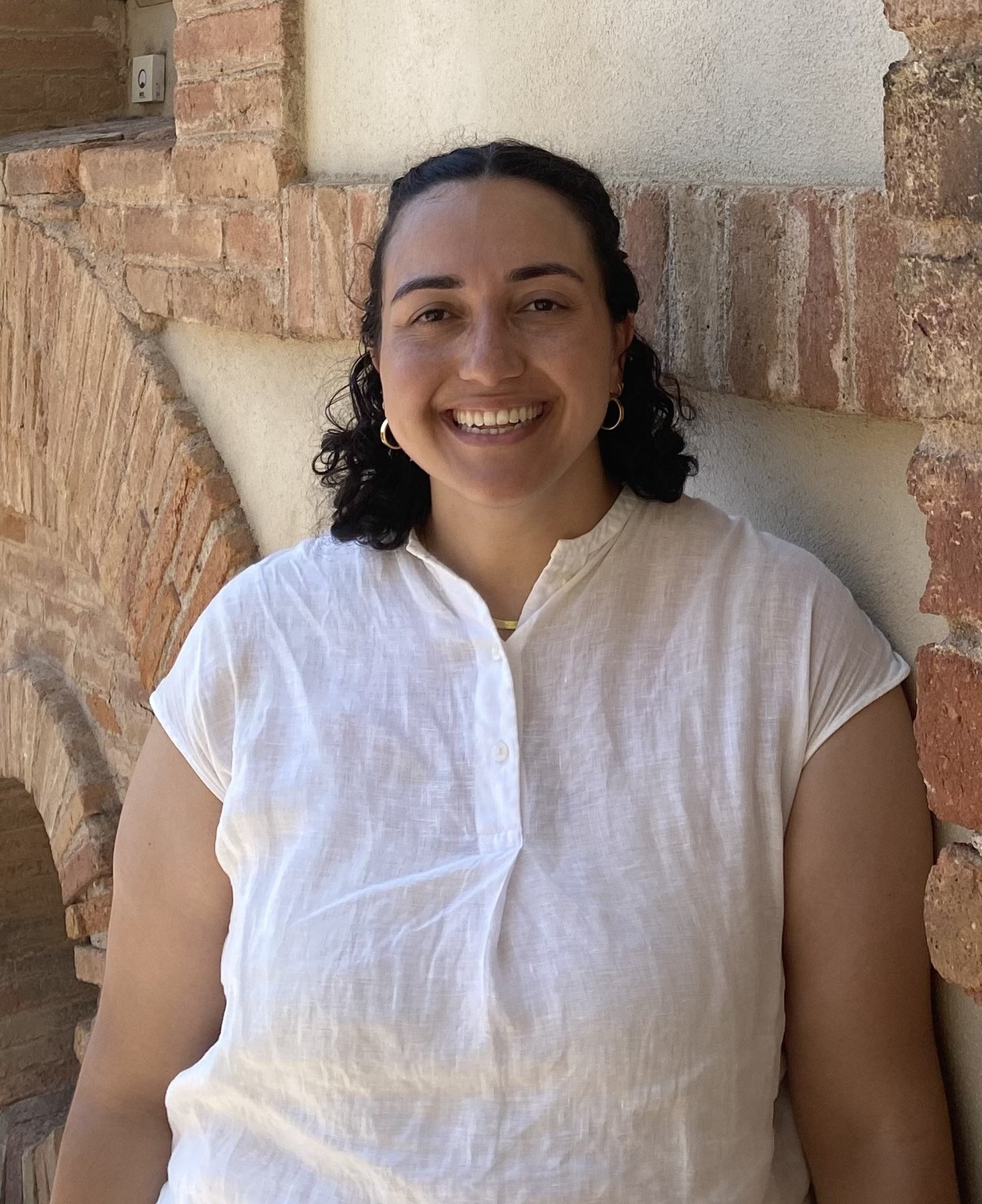
This article was written by Noora Kassab. Noora is a graduate student and research assistant at the Telfer School of Management, University of Ottawa. With a Bachelor of Science from Trent University and a Bachelor of Commerce from Telfer, she combines a strong academic foundation with practical experience gained through her previously held roles. Writing from the perspective of a graduate student deeply engaged in research, Noora offers a unique, multidisciplinary viewpoint on pressing issues in her field.
